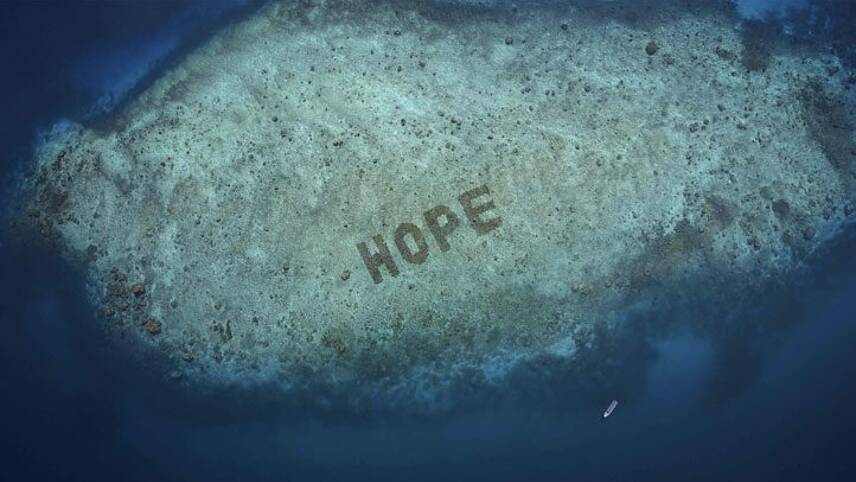Register for free and continue reading
Join our growing army of changemakers and get unlimited access to our premium content

Image: Sheba/TheNature Conservancy
The partner organisations have today (5 May) unveiled the first images and videos of ‘Sheba Hope Reef’, the starting location for the global initiative. Work to restore the reef, off the coast of Sulawesi, Indonesia, began two years ago and, in that time, coral cover has increased from, 5% to 55%.
It is hoped that the success of this project can be replicated at a string of other locations, covering some 185,000 square metres by the end of 2029. The Nature Conservancy is using a technology called ‘Reef Star’ at Sheba Hope Reef. These are star-shaped, steel structures that join together underwater, creating a ‘web’ that encourages coral fragments to regrow. This approach will be used at other locations, which are to be announced.
As well as the funding coming directly from Mars, consumers will be encouraged to contribute by watching a documentary-style video about the work at Sheba Hope Reef on YouTube. Called ‘The Film That Grows Coral”, the video has been monetised by YouTube and all funds raised will be invested in The Nature Conservancy.
Mars Inc’s chief marine scientist, David Smith, said the reef is a symbol showing that “there really is hope for our oceans”.
Smith said: “Our efforts around the world to restore and regenerate these precious ecosystems are showing exciting results and having a positive impact on local communities, which we’re delighted to see. We hope our efforts inspire others to join us so we can all play our part in helping to prevent the extinction of our coral reefs.”
The bigger picture
To date, Mars has spent around $10m on research, restoration and community engagement around coral reefs, as part of its $1bn ‘Sustainable in a Generation Plan’. The Plan’s headline nature target is to hold flat the total area associated with the value chain, avoiding processes like deforestation.
While Mars is perhaps best-known for chocolate and confectionary, its Petcare arm covers some of the world’s most recognisable brands. Aside from Sheba, the firm owns the likes of Whiskas, Cesar and Iams. The procurement of ocean products for these brands is where the link to marine habitats comes in.
The Intergovernmental Panel on Climate Change’s (IPCC) landmark report in 2018 revealed that, if the world meets the Paris Agreement’s 2C pathway, more than 99% of coral reefs will likely decline. Australia’s Great Barrier Reef would enter a state of “complete decline”. The worst effects could be avoided, the research stated, if the world aligns with the Agreement’s stricter 1.5C pathway.
edie Explains: Biodiversity and business
edie readers interested in nature conservation and restoration are encouraged to recap on our recent series of content on this vitally important topic, hosted in association with the Woodland Trust.
We are hosting a special edition of the Sustainable Business Covered Podcast, featuring exclusive interviews with the Trust, Earth Securities and Patagoina, on our Soundcloud, Apple and Spotify. You can also access that episode here.
Additionally, readers can access a free-to-download ‘edie Explains’ guide on biodiversity strategy development and implementation by clicking here.
These pieces of exclusive content are companions to a recent edie webinar on biodiversity, featuring expert speakers from Unilever, The Woodland Trust and Kering. You can catch up with that session, which originally aired in April, on-demand. Please note that this is a premium webinar, so on-demand tickets cost £10 +VAT per person.
Sarah George


Please login or Register to leave a comment.